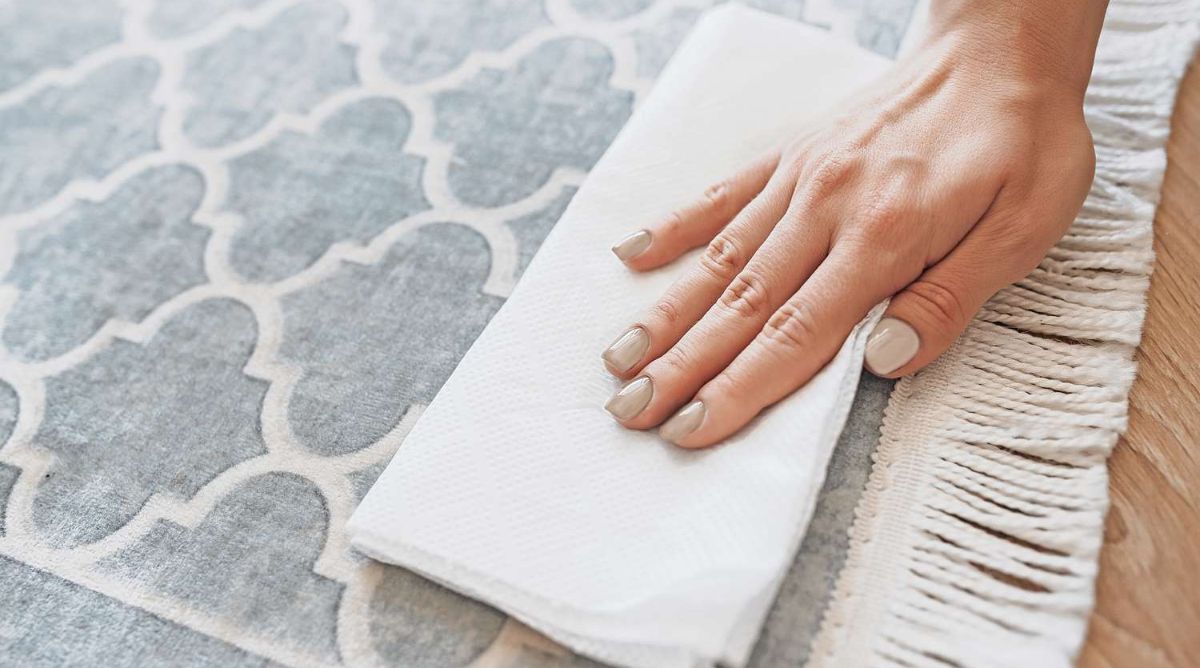In the ever-expanding world of skincare, it’s easy to get overwhelmed by the multitude of products lining the shelves. Among the most common and essential items are cleansers and face washes. While these terms are often used interchangeably, they actually refer to different types of skincare products. This leads to a frequently asked question: Can I use cleanser instead of face wash?
In this comprehensive article, we’ll explore the differences between a cleanser and a face wash, their respective benefits, when and how to use them, and whether one can be a substitute for the other. By the end, you’ll have a clear understanding of what’s best for your skin type and routine.
Understanding the Basics: What is a Cleanser?
A cleanser is a skincare product designed to gently remove dirt, makeup, excess oil, and impurities from the skin’s surface without stripping it of its natural oils. Cleansers are typically formulated to be mild and hydrating, making them suitable for most skin types, especially dry or sensitive skin.
Common Types of Cleansers:
- Cream Cleansers: Rich and moisturizing, ideal for dry or mature skin.
- Oil Cleansers: Great for removing makeup and sunscreen; works via the principle that oil attracts oil.
- Gel Cleansers: Lightweight and refreshing, often used by people with oily or acne-prone skin.
- Micellar Water: Contains tiny micelles that trap dirt and oil; no rinsing needed.
- Cleansing Balms: Solid oils that melt upon contact with skin; excellent for double cleansing.
What is a Face Wash?
A face wash is a foaming cleanser that is specifically designed to deep clean pores, remove sweat, excess sebum, and dirt more rigorously. Face washes tend to be stronger than cleansers and are especially effective for individuals with oily or acne-prone skin.
Characteristics of Face Washes:
- Creates lather or foam.
- Removes oil and deep-seated impurities.
- Leaves a “squeaky clean” feeling.
- May contain ingredients like salicylic acid or benzoyl peroxide for acne control.
Cleanser vs Face Wash: Key Differences
| Feature | Cleanser | Face Wash |
|---|---|---|
| Texture | Creamy, gel-like, or oil-based | Foamy or gel-based |
| Cleansing Power | Mild, surface-level | Deep pore-cleansing |
| Suitable For | Dry, sensitive, or normal skin | Oily, acne-prone skin |
| Skin Feel After Use | Soft, hydrated | Tight, refreshed |
| Usage Frequency | Daily, even multiple times a day | Once or twice a day |
| Makeup Removal | Excellent | Not always effective |
Can I Use Cleanser Instead of Face Wash?
The short answer is: Yes, you can use a cleanser instead of a face wash, depending on your skin type, skincare goals, and environmental conditions. However, it’s not always a one-size-fits-all solution.
Let’s explore various scenarios:
1. If You Have Dry or Sensitive Skin
Cleanser is better than a face wash in this case. Face washes may strip your skin of essential moisture, leading to tightness, irritation, and flaking.
2. If You Wear Makeup or Sunscreen Daily
A cleanser, especially oil-based or micellar water, is more effective at dissolving makeup and sunscreen. You might follow this up with a face wash in a technique called double cleansing, especially at night.
3. If You Have Oily or Acne-Prone Skin
Face washes, particularly those with salicylic acid or tea tree oil, are better suited for deep cleaning and preventing breakouts. Using only a cleanser may not provide the deep cleansing needed for oily skin.
4. If You Are in a Polluted or Humid Environment
In such environments, your skin accumulates more grime and oil. A face wash can help keep your pores clear, while a cleanser alone might feel insufficient.
When Using Only a Cleanser Is Enough
There are many situations where a cleanser can effectively replace a face wash:
- Morning routines, when your face doesn’t have much dirt.
- Post-workout, when your skin is sensitive and needs a gentle cleanse.
- During colder months, when your skin tends to be drier.
- As part of minimalist skincare, especially for those with normal to dry skin.
In such cases, using a mild cleanser is not only adequate but often more beneficial than harsher foaming face washes.
Can You Use Both?
Absolutely. In fact, many dermatologists recommend double cleansing at night:
- Step 1: Cleanser (Oil or Micellar Water)
- Removes makeup, sunscreen, and surface impurities.
- Step 2: Face Wash (Foaming or Gel)
- Deep cleans pores and preps the skin for treatment products.
This two-step process ensures that your skin is thoroughly clean without being overly stripped, making it a good option for individuals who wear heavy makeup or are exposed to pollution.
Choosing the Right Cleanser or Face Wash
For Dry Skin:
- Cleanser type: Cream or oil cleanser.
- Face wash (if used): Non-foaming, hydrating formulas.
For Oily Skin:
- Cleanser type: Gel cleanser.
- Face wash: Foaming with salicylic acid.
For Sensitive Skin:
- Cleanser type: Micellar water or milk cleanser.
- Face wash: Fragrance-free, hypoallergenic.
For Combination Skin:
- Use a gentle cleanser in the morning and a face wash at night.
What Dermatologists Say
Skincare experts often emphasize skin type and personal preference over rigid rules. According to dermatologists:
- “A cleanser is a great option for people with dry, sensitive skin, or those using retinol or other exfoliants.”
- “Face washes can be too stripping if used too often, especially in dry climates.”
- “It’s perfectly fine to use a cleanser instead of a face wash, as long as your skin feels clean and balanced afterward.”
Common Myths Debunked
Myth 1: Foam means it’s working better.
Truth: Foam is not an indicator of effectiveness. Many gentle cleansers clean just as well without creating bubbles.
Myth 2: You must wash your face twice daily with a face wash.
Truth: Overwashing with harsh face washes can lead to dryness and irritation. One cleanse a day with a gentle cleanser may be enough for some.
Myth 3: Cleansers don’t clean thoroughly.
Truth: Cleansers clean effectively, especially for makeup and grime, and can maintain the skin’s moisture barrier.
How to Properly Use a Cleanser Instead of Face Wash
If you decide to use only a cleanser in your routine:
- Wet your face with lukewarm water.
- Apply the cleanser using gentle, circular motions.
- Massage for at least 30–60 seconds.
- Rinse thoroughly.
- Pat dry with a soft towel.
Always follow up with moisturizer and sunscreen in the morning, or a hydrating serum at night.
Pros and Cons of Using Cleanser Instead of Face Wash
Pros:
- Gentle on skin
- Better for dryness or sensitivity
- Maintains skin’s natural pH
- Ideal for makeup and sunscreen removal
Cons:
- May not provide deep pore cleansing
- Less effective for oily or acne-prone skin
- Might not give a “fresh” feeling some prefer
Final Verdict
So, can I use cleanser instead of face wash?
Yes, you can, especially if your skin is dry, sensitive, or you follow a minimalist or gentle skincare routine. Cleansers are effective in removing impurities, makeup, and excess oil without disrupting the skin barrier. However, for those with oily or acne-prone skin, or in environments where deep cleansing is essential, a face wash may still have a vital role in the routine.
Ultimately, your skincare routine should be tailored to your unique skin type, lifestyle, and environmental factors. Listening to your skin’s needs is the best approach to healthy, glowing skin.










